Ever thought about the differences between diesel and petrol engine oils? There’s no trick; it’s science and performance. That smooth ride with power is all due to the right oil doing its job, silently, in the background. This is also true for high-performance engine oil; one size never fits all. Diesel engines work harder, but petrol engines run faster; anything in between will need oil that will perform in those circumstances.
In this blog, we’re breaking down what makes each oil unique, why it matters, and how choosing the right one can boost power, protect parts, and keep your engine running like new.
The Role of High-Performance Engine Oil in Diesel Engines
The requirements for diesel engines in terms of oil performance level are higher because diesels run at much higher loads and pressures, and are more susceptible to contaminants and wear.
Below are some points that distinguish high-performance diesel:
Higher Detergency Levels
Diesel engines produce higher levels of soot, ash, and unburned fuel compared to petrol engines. The soot, ash, and unburnt fuel can quickly accumulate and, more often than not, form sludge. The oil primarily used in diesel applications is performance engine oil, which contains numerous powerful detergents designed for cleaning, as well as enhanced protection.
The detergents will clean and suspend all contaminants in the engine, reducing any deposits that could form. A cleaner engine will run smoother, provide more power, and free up travel time, as well as an extended lifespan. The oil will also keep the filter and oil passages from clogging.
Shear Stability
When running a diesel engine, it puts the engine through extreme pressures and mechanical forces. The oil between the fast-moving parts, such as pistons and camshafts, can be affected by all of this. Some oils can thin out over time and will no longer perform adequately. However, true high-performance oil offers resistance to this issue because it has high shear stability.
High-performance oil will retain its viscosity despite high RPMs and heavy loads. Maintaining and retaining gives stable oil the ability to protect critical engine parts from metal-on-metal contact and prevents wear (which leads to overheating and breakdowns. Such stable oil allows diesel-powered equipment to perform optimally and operate under heavy-duty conditions.
Extended Drain Intervals
Diesel engines operate primarily in the commercial vehicle space, where they often travel many thousands of kilometers between fueling stops and oil changes, creating a scenario in which the oil must be usable for longer and endure longer intervals before deterioration. High-performance oils are suitable for use over extended drain intervals.
High-performance engine oils are designed to allow for extended drain intervals. They help to maintain performance and provide long drain intervals, even under extreme heat or severe load. Fewer oil changes result in time and cost savings, as well as reduced waste material, including used best engine oil.
The Role of High-Performance Engine Oil in Petrol Engines
While petrol engines generally operate under less stress than diesels, they still benefit significantly from premium lubrication. High-performance oil plays a crucial role in petrol engines, enhancing their performance and ensuring their longevity.
Friction Reduction
Petrol engines operate at higher RPMs, which leads to greater movement between engine components. Obviously, with that movement comes more friction. Higher-performance engine oils are designed to reduce friction by creating a protective layer over the metals.
And friction creates stress, which reduces engine performance during the frictional phases. Less friction means smoother operation throughout the engine and a more confident response when accelerating. When the engine responds, it now consumes less fuel as there is less resistance for the engine to overcome. This results in better fuel economy and ultimately less stress on engine components over time.
Thermal Control
Sporty petrol engines often generate high heat. This happens quickly, especially during fast driving. High-performance oils are built to handle such stress. They manage heat through better thermal conductivity. These oils distribute heat evenly across engine parts. This prevents hotspots from forming.
Advanced oils retain their structure under heat. This is especially critical in very hot areas or if you regularly haul extra-heavy loads. Having enough of the right oil will keep your engine cooler, and therefore will last longer.
Protection During Short Trips
Short trips are common in city driving. Engines don’t fully warm up during these drives. That can lead to increased wear. Condensation and fuel residues may not burn off. Over time, these form harmful deposits. High-performance engine oil counters this problem. It provides strong cold-start protection. This goes a long way in ensuring parts are lubricated from the first crank.
The oil must resist contamination from fuel and water, as well. Better protection in short trips prevents early damage. It must protect the engine from wear while also protecting against stop-and-go driving and idling. This is vital for daily commuters. Select an oil that supports short-term durability. Your engine will thank you.
Key Differences in Formulation: Diesel vs. Petrol Oils
| Feature | Diesel Engine Oil | Petrol Engine Oil |
| Viscosity | Typically thicker (15W-40, 10W-30) | Usually lighter (5W-30, 0W-20) |
| Additive Oil | More detergents, dispersants, and anti-wear agents | Balanced additives focused on friction reduction |
| Emissions Compatibility | Formulated for DPF systems (Low SAPS) | May not meet DPF requirement |
| Resistance to Oxidation | High | Moderate |
| Contamination Handling | Superior soot and acid control | Less demanding |
Always consult your vehicle’s manual and make sure you are getting the right oil for both the engine type and the performance requirements.
Can You Use the Same Oil for Both Engines?
There are a few different lubricant products that can be used interchangeably, but using oil that has not been manufactured for your engine can affect the efficiency of your engine considerably, or worse, (in rare and extreme circumstances), damage your engine completely. For example, diesel engine oils can cause irreversible damage to petrol motors, and vice versa—diesel oils generally have greater amounts of detergents. You must be aware of the effectiveness and hazards that come with using the wrong oil, and what you should be diligent to do to limit that risk.
As mentioned earlier, some synthetic high-performance engine oils are dual rated, ie, API SN/CI-4, and can be applied to both applications. Either way, read the back to know the oil specification, especially if you’re making any oil changes. As a disclaimer, your vehicle lubrication product is suitable for your application.
Final Words
When choosing the right quality oil, you must consider the type of engine you have, your driving habits, your vehicle’s specifications, and how long you expect to keep your vehicle.
At Pro-Lube, we have several unique vehicle lubrication products that cater to every driver, from the weekend warrior to the fleet manager. We offer the best engine oil in various formats, tailored to your unique needs and driving style, ensuring peace of mind that your engine is protected by the best.


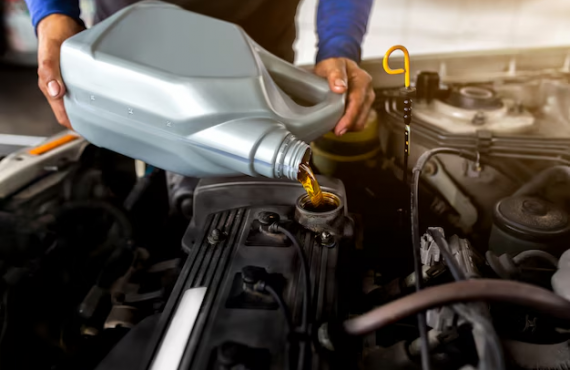

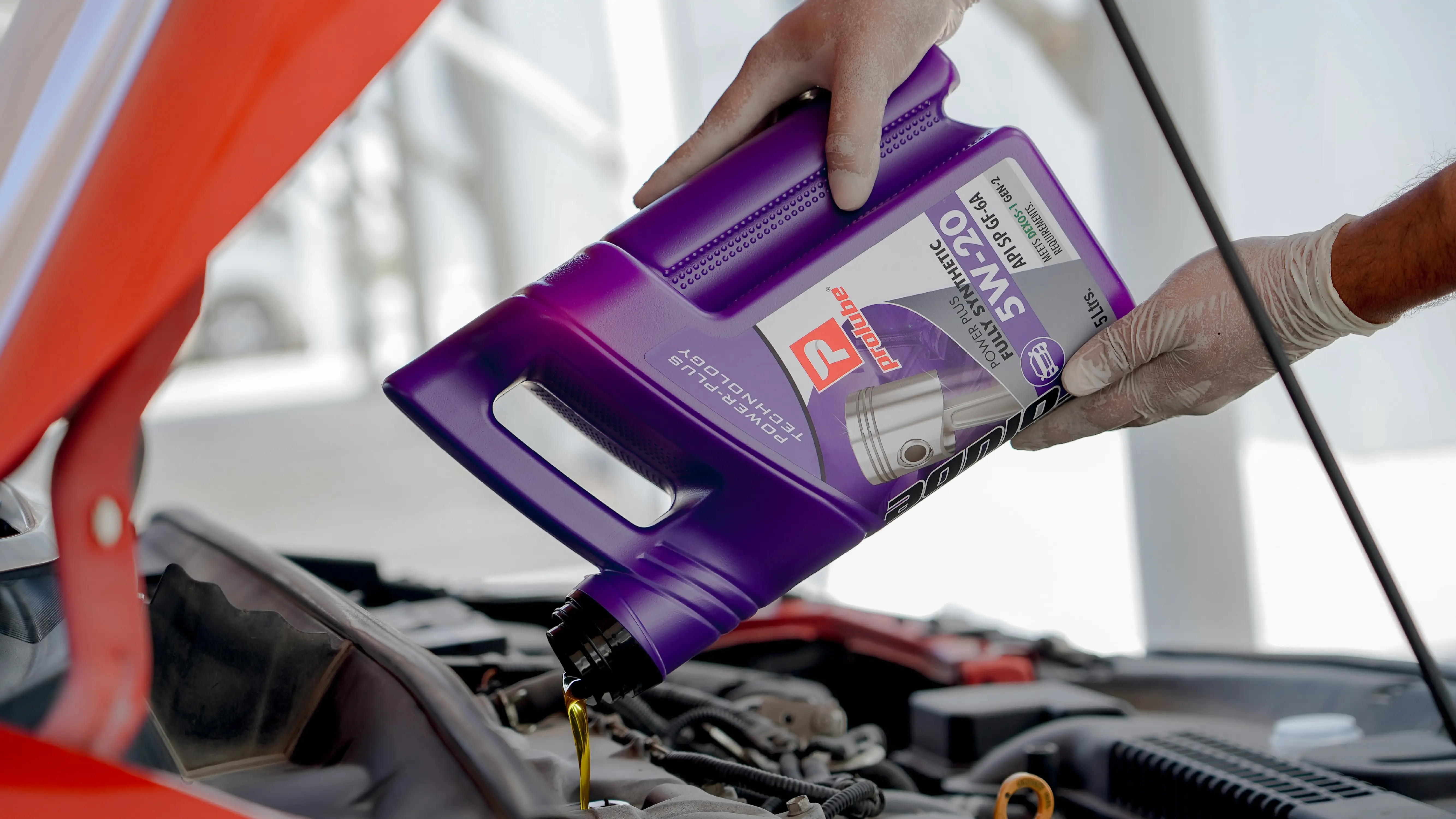
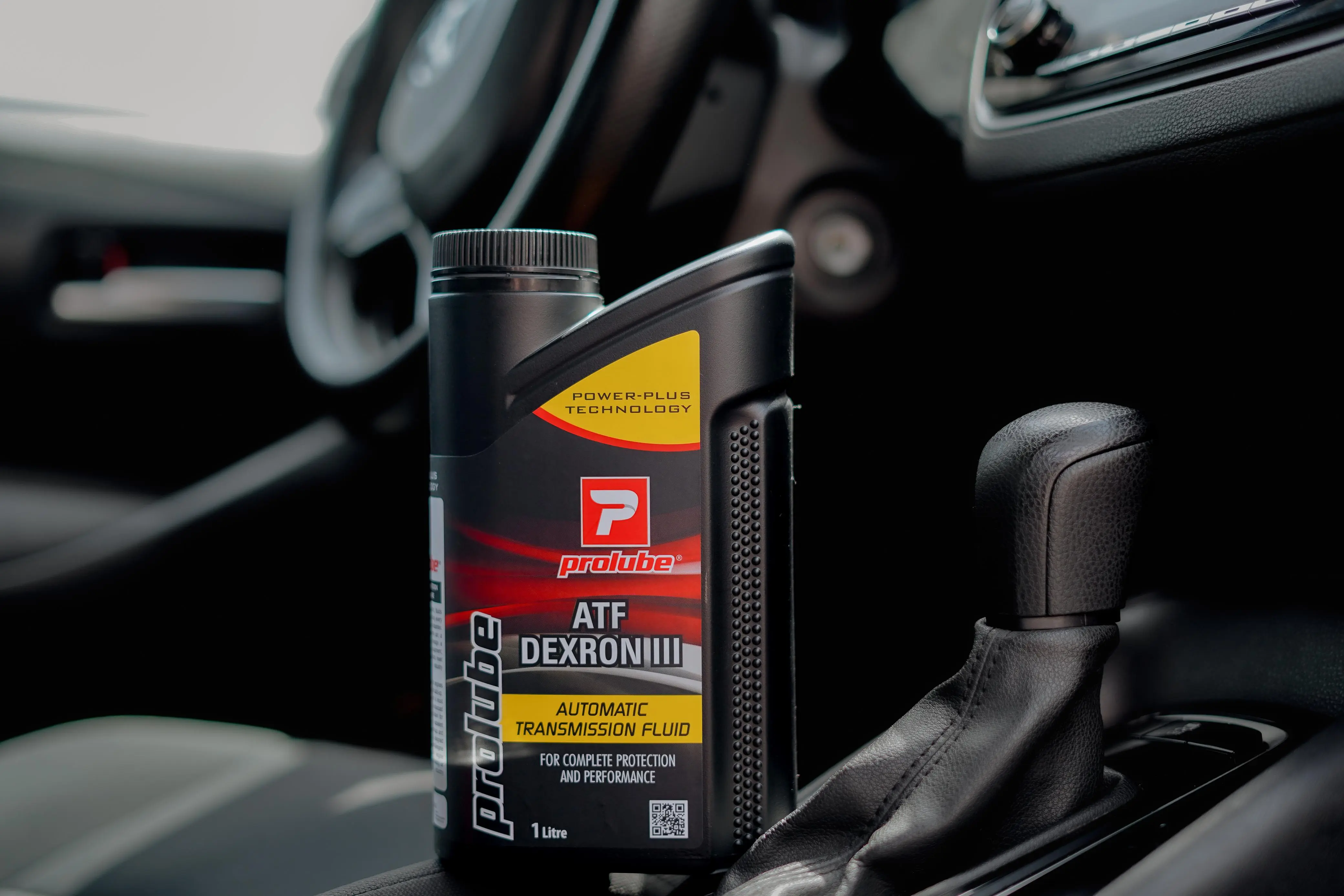
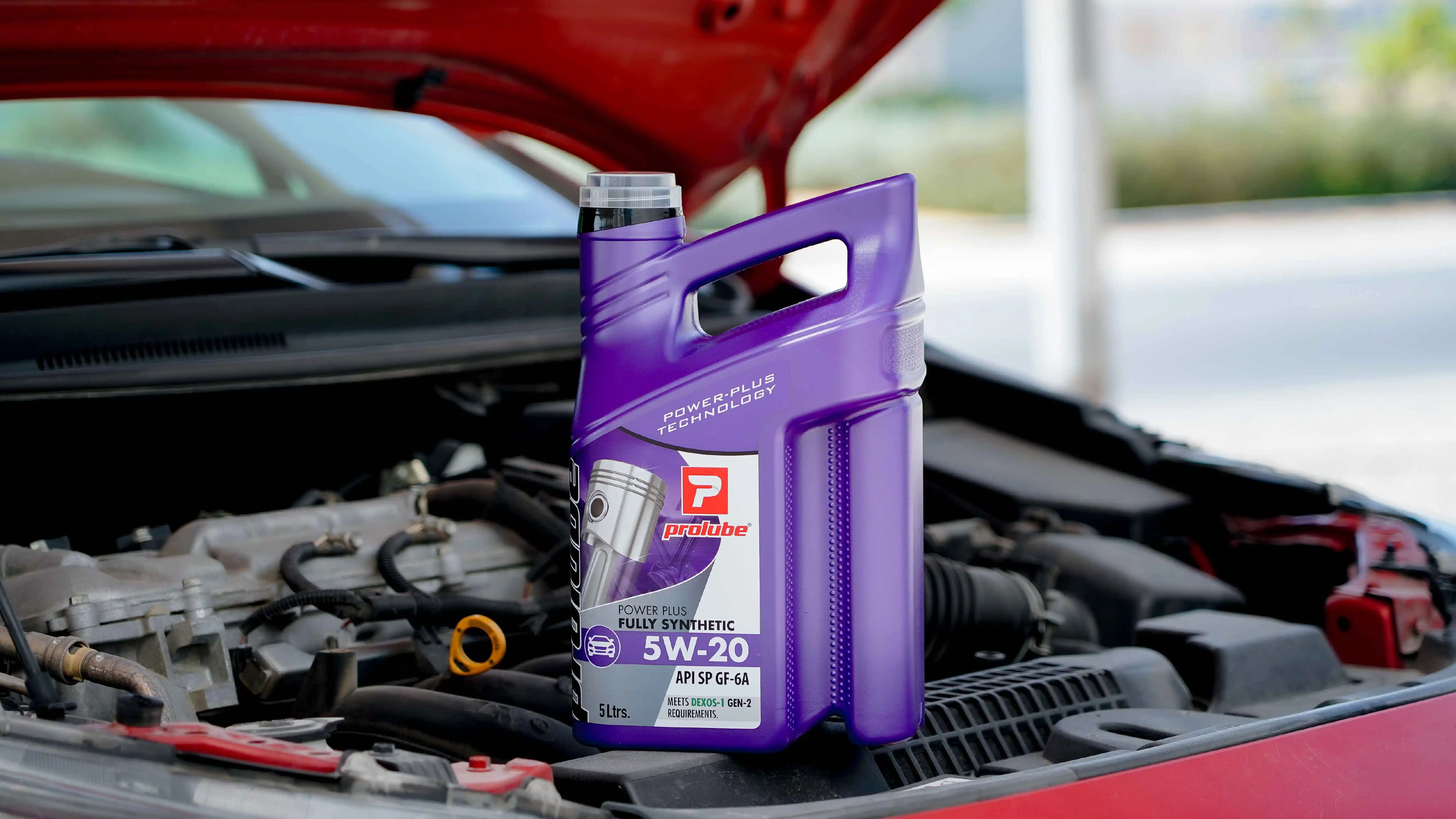
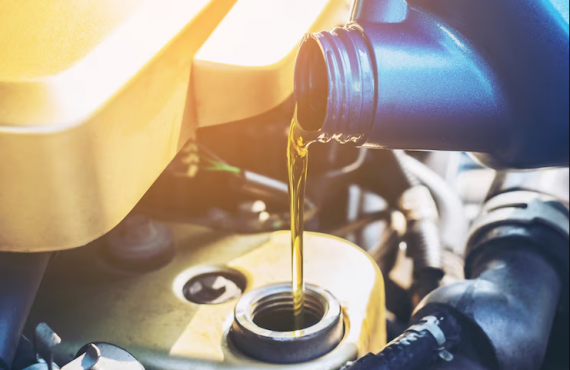
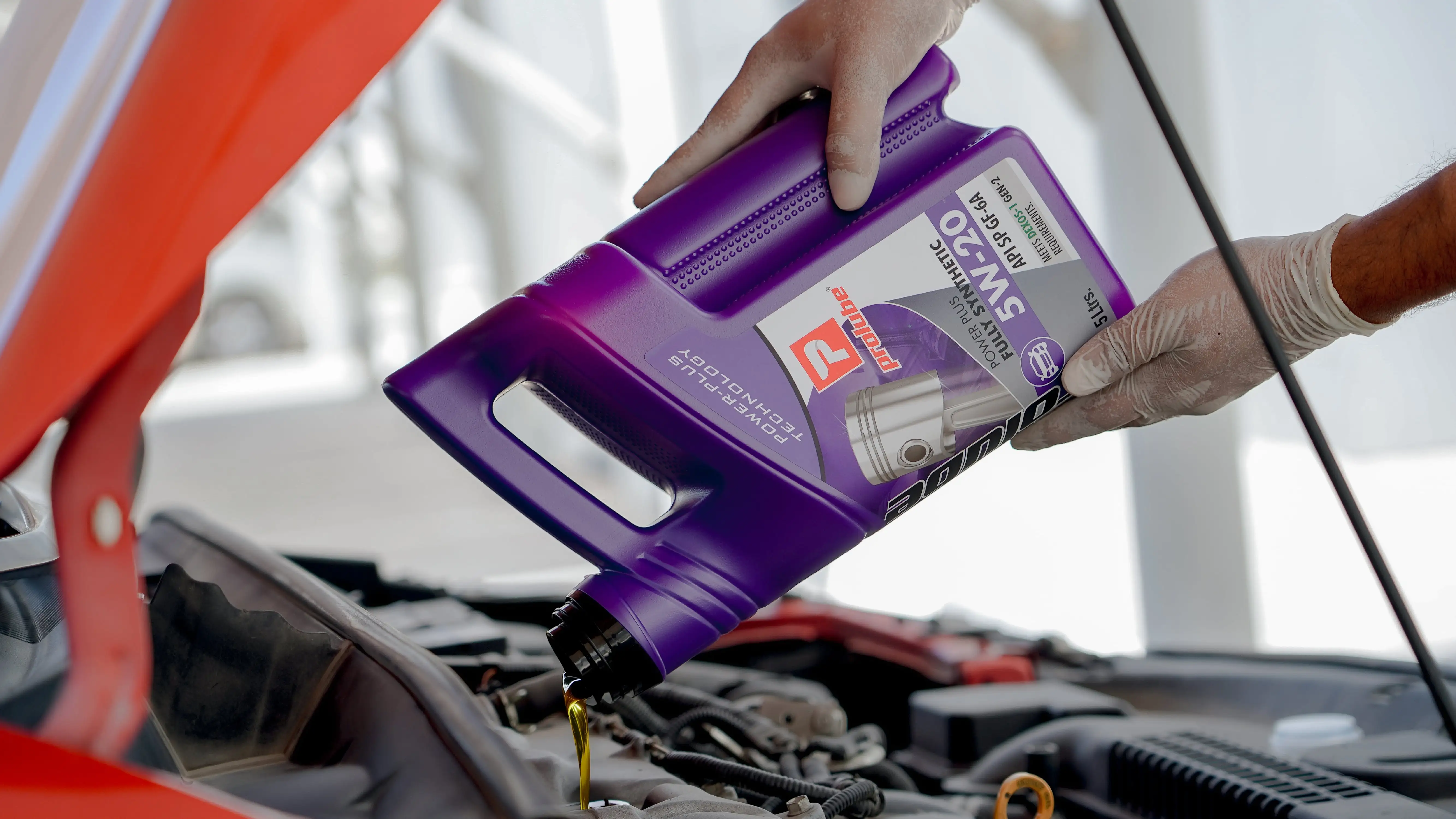


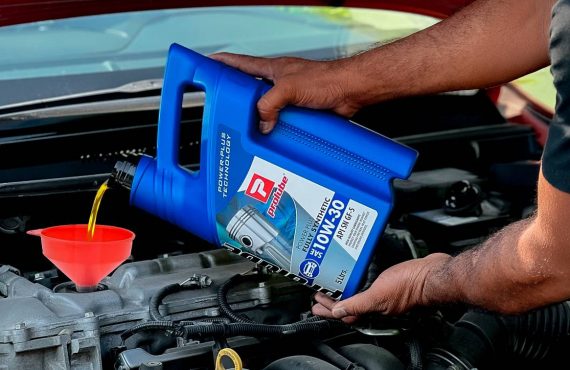
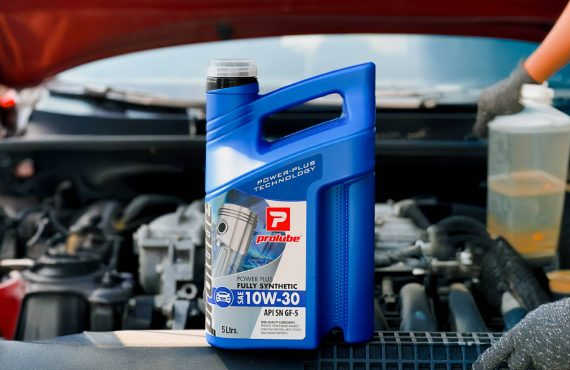
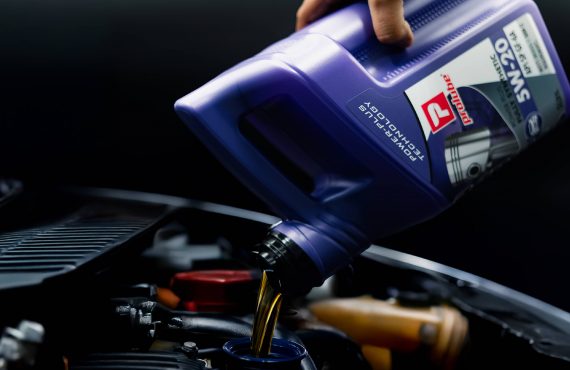
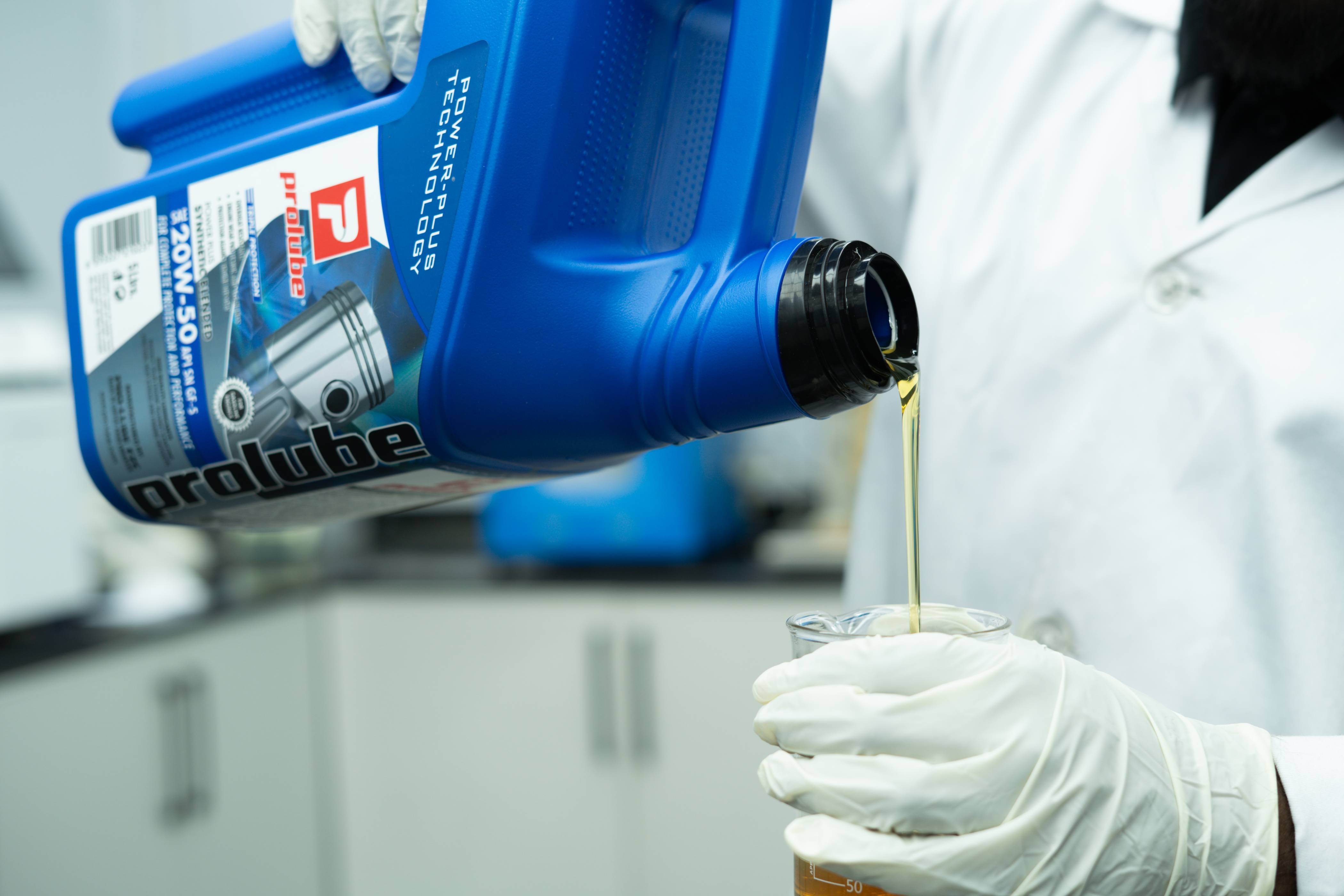
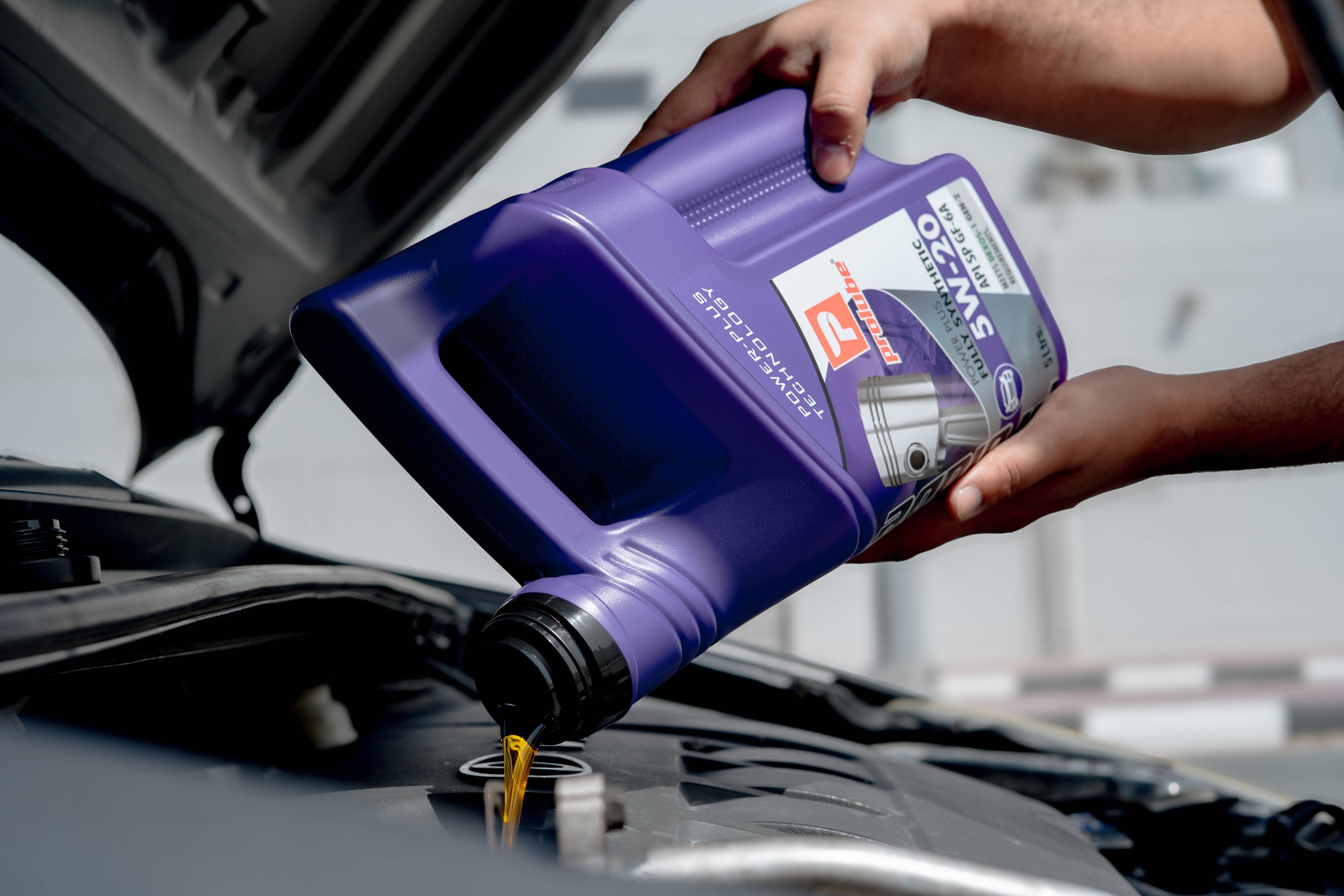
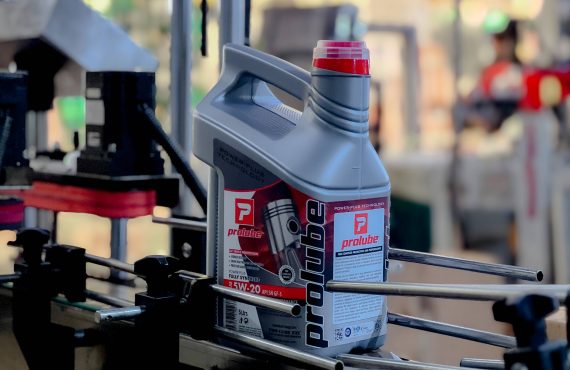


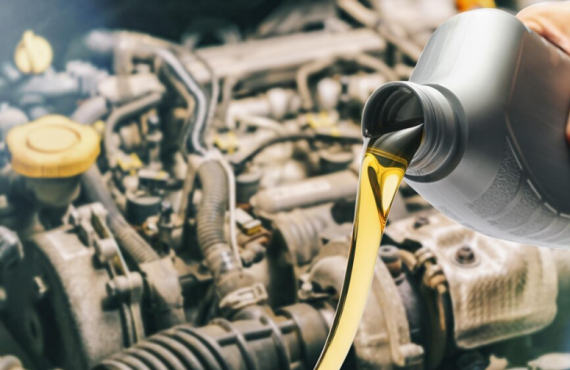

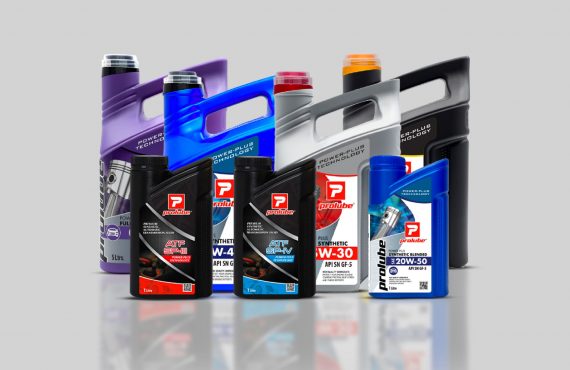

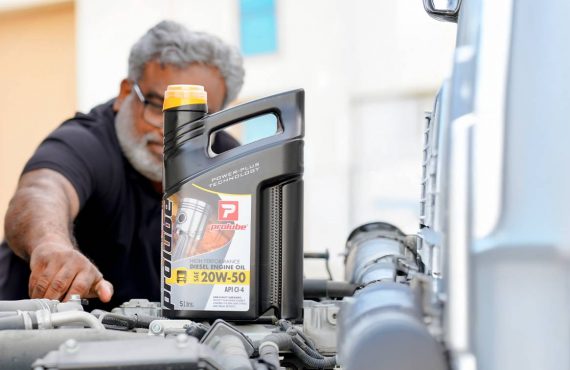
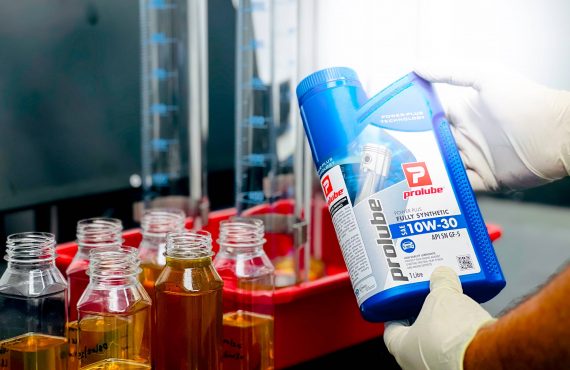

No comments yet.